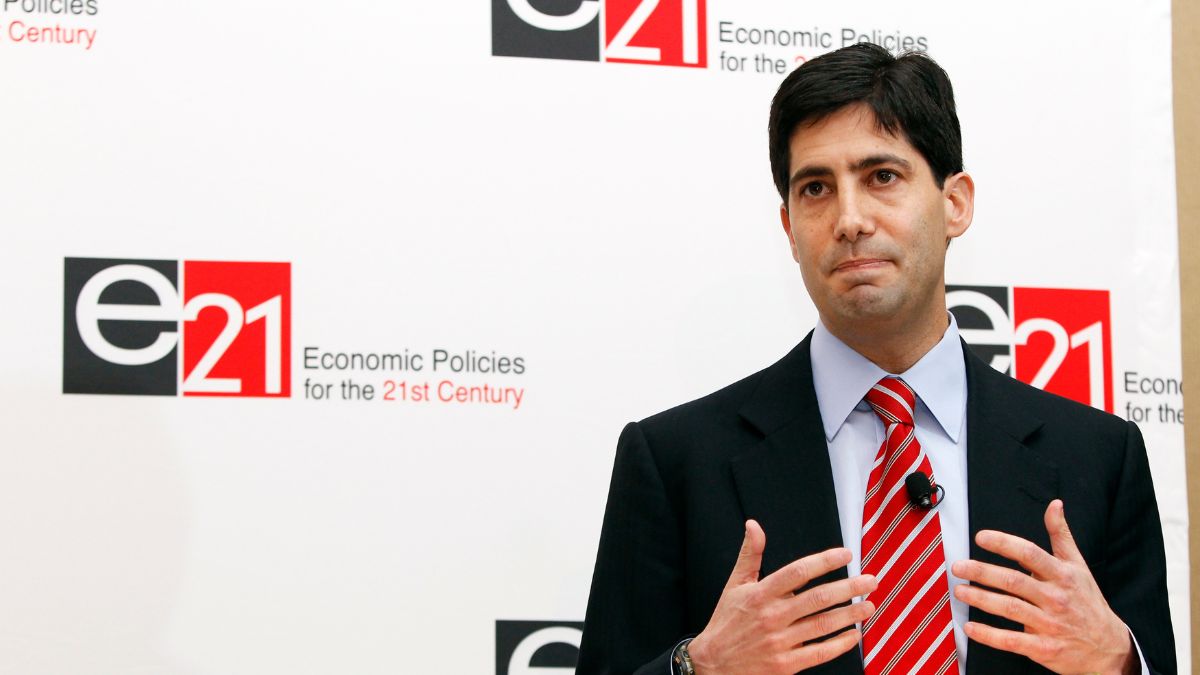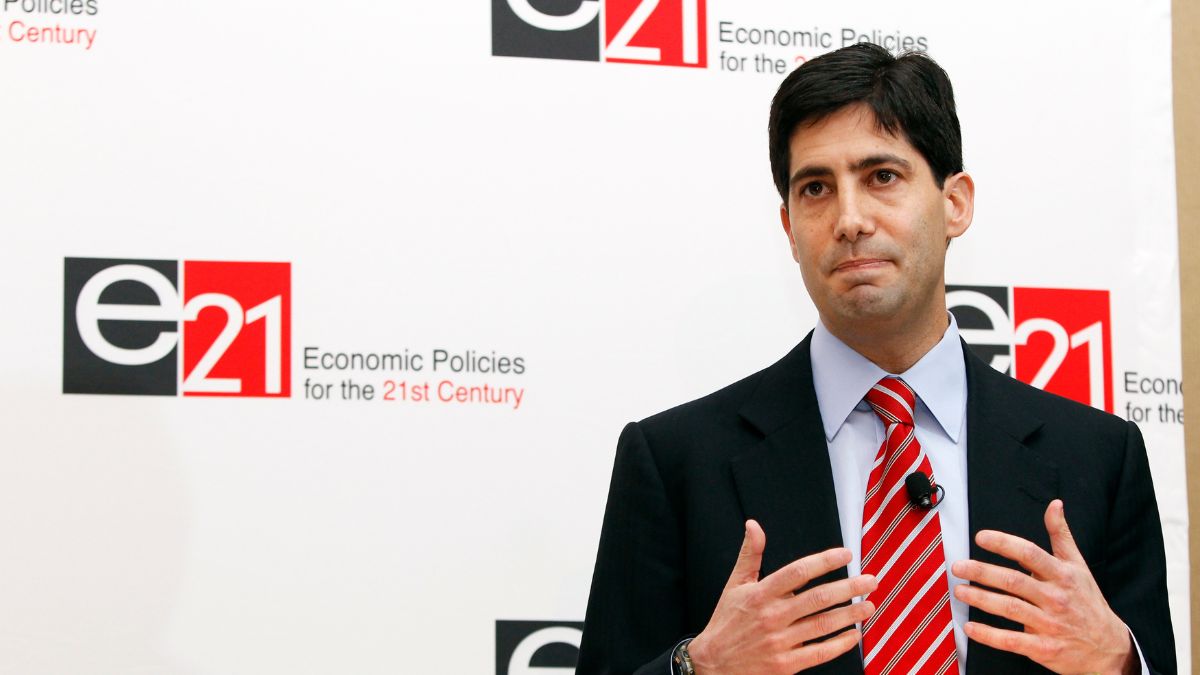Nearly six decades after the assassination of Senator Robert F Kennedy, the United States government has made public more than 10,000 pages of documents linked to the investigation into his killing.
The files were released following an executive order by President Donald Trump, who directed federal agencies to declassify material related to major historical events including the assassinations of Robert F Kennedy (RFK), President John F Kennedy and civil rights leader Dr. Martin Luther King Jr.
The declassified trove contains a wide range of investigative materials — from FBI evidence reports and Justice Department memos to autopsy images, handwritten notes by the assassin Sirhan Sirhan, witness interviews and personal correspondences addressed to the US government in the wake of the tragedy.
These records offer a deeper glimpse into the events surrounding RFK’s murder, the profile of his killer, and the ensuing public and official reactions.
Director of National Intelligence Tulsi Gabbard stated that the release was made possible through coordinated efforts with the National Archives and other federal agencies.
Nearly 60 years after the tragic assassination of Senator Robert F. Kennedy, the American people will, for the first time, have the opportunity to review the federal government’s investigation thanks to @POTUS leadership and commitment to maximum transparency.… pic.twitter.com/Wvy2fkS9Ai
— DNI Tulsi Gabbard (@DNIGabbard) April 18, 2025
“Nearly 60 years after the tragic assassination of Senator Robert F Kennedy, the American people will, for the first time, have the opportunity to review the federal government’s investigation thanks to @POTUS leadership and commitment to maximum transparency,” she wrote on X.
RFK’s final moments and the aftermath
US Senator Robert F Kennedy, younger brother of President John F Kennedy, was assassinated just after midnight on June 5, 1968, in the kitchen pantry of the Ambassador Hotel in Los Angeles.
Moments earlier, he had delivered a victory speech celebrating his win in the California presidential primary. As he exited through the pantry, he was shot multiple times by 24-year-old Sirhan Sirhan, a Palestinian-Jordanian man who used a .22-caliber revolver.
In addition to fatally wounding Kennedy, the shooting left five other individuals injured. Sirhan was subdued at the scene and later convicted of first-degree murder.
He was initially sentenced to death, but the sentence was commuted to life imprisonment with the possibility of parole after California’s Supreme Court temporarily invalidated the death penalty in 1972.
Some of the newly released records describe the immediate chaos following the attack. A June 12, 1968, FBI memo recounts the distraught reaction of Kennedy’s widow, Ethel Kennedy, who reportedly told an ambulance worker to “keep your hands off him.”
Another witness said she knocked over a TV news camera and struck a reporter in the chest at the hospital.
Revealing Sirhan’s writings and background
Among the most revealing portions of the documents are photographs and scans of handwritten notes by Sirhan Sirhan. On the outside of an empty envelope, Sirhan wrote: “RFK must be disposed of like his brother was.”
In other notes, he expressed what the FBI termed an “unshakeable obsession” with killing Kennedy. One such entry reads, “My determination to eliminate RFK is becoming more [and] more of an unshakeable obsession.”
In addition to the notes, the files include FBI assessments of Sirhan’s mental and physical condition. A 1968 FBI memo noted that he had fallen from a horse in 1966 and suffered a head injury.
Family members told investigators that his behaviour significantly changed following the accident. Sirhan’s acquaintances painted a mixed picture of his personality, describing him variously as “a friendly, kind and generous person,” but also as brooding and impressionable, with strong political convictions and an interest in mysticism.
The documents also reveal a chilling interaction with a sanitation worker, who told investigators that shortly after Dr. Martin Luther King Jr.’s assassination, Sirhan declared his intent to shoot RFK.
When the garbage collector, who was Black, told Sirhan he supported Kennedy because he believed the senator would help Black Americans, Sirhan reportedly replied, “Well, I don’t agree. I am planning on shooting the son of a bitch.”
Public and official responses
The assassination of RFK drew reactions from around the world. The files include condolence letters from foreign dignitaries and heads of state addressed to the US Department of State.
Additionally, many documents feature correspondence from ordinary Americans, reflecting widespread grief and disbelief.
The assassination also sparked a wave of conspiracy theories similar to those that followed the killing of President John F Kennedy.
Some theories questioned whether Sirhan acted alone, suggesting the possibility of a second gunman or alleging that intelligence agencies may have played a role.
These theories were partially fuelled by conflicting eyewitness accounts and references to unusual figures at the scene, such as a woman in a polka-dot dress or someone shouting, “we shot him.”
While these theories are referenced in the newly released documents, no new concrete evidence has emerged to substantiate claims of a broader conspiracy. Nonetheless, some advocates and members of the Kennedy family continue to question the official narrative.
RFK Jr applauds the release, doubts official account
US Health and Human Services Secretary Robert F Kennedy Jr, the senator’s son, expressed gratitude for the release of the files. “Lifting the veil on the RFK papers is a necessary step toward restoring trust in American government,” he said in a statement.
RFK Jr was 14 years old at the time of his father’s death and has long questioned the conclusion that Sirhan was solely responsible.
Breaking with many of his siblings, RFK Jr met with Sirhan in prison and supported his 2021 bid for parole. A parole board initially approved the request, stating that Sirhan was unlikely to reoffend, but California Governor Gavin Newsom overturned the decision in 2022.
In 2023 and again in 2024, Sirhan’s subsequent parole requests were denied.
Continued transparency efforts
Friday’s release represents only a portion of the files the Trump administration has committed to making public.
According to Director of National Intelligence Tulsi Gabbard, another 50,000 pages of documents related to RFK’s assassination were located in CIA and FBI archives and are currently being processed for declassification.
Agencies are also continuing to search federal storage facilities for additional relevant records.
The files were published online by the National Archives and Records Administration, with limited redactions to protect sensitive personal information, such as Social Security numbers and dates of birth.
This comes after the administration faced criticism in March over the release of unredacted personal data in documents related to President John F Kennedy’s assassination.
AP quoted Larry Sabato, director of the University of Virginia Center for Politics and author of The Kennedy Half-Century, who acknowledged the enduring public interest in these cases but cautioned against expecting sensational revelations. “I hope there’s more information. I’m doubtful that there is, just as I said when the JFK documents were released,” he noted.
Trump has positioned himself as a proponent of government transparency, particularly concerning major historical events.
His administration has also promised forthcoming disclosures related to the assassination of Dr. Martin Luther King Jr., who, like RFK, was killed in 1968.
Legacy of Robert F Kennedy
Robert F Kennedy remains an enduring figure in American political history. Regarded by many liberals as a champion of civil rights, social justice, and the fight against poverty, his death is often seen as a pivotal moment that shifted the country onto a more conservative trajectory.
Kennedy began his public career under the administration of his brother, President John F Kennedy, who appointed him Attorney General. After JFK’s assassination in 1963, Robert remained active in politics and was elected as a US Senator from New York in 1964.
In 1968, he entered the presidential race, garnering strong support from a diverse coalition of Americans.
His assassination, just two months after King’s murder, marked the loss of another transformative figure during one of the most turbulent periods in US history.
With thousands of pages still to be reviewed and further releases expected, the public and historians alike may gain additional insight into the circumstances and legacy of Robert F Kennedy’s death.
With inputs from agencies


)
)
)
)
)
)
)
)
)